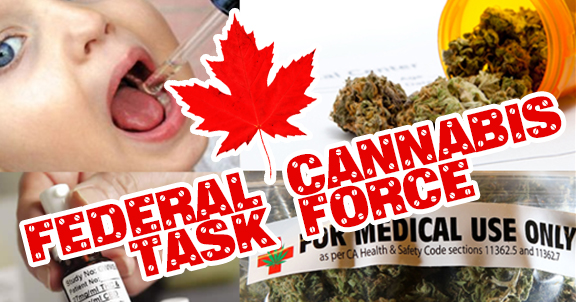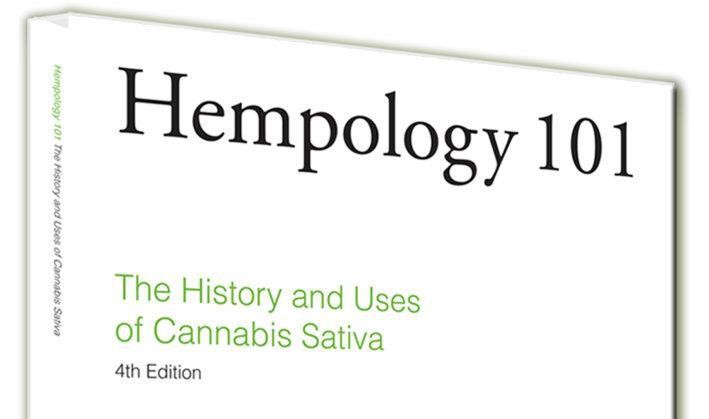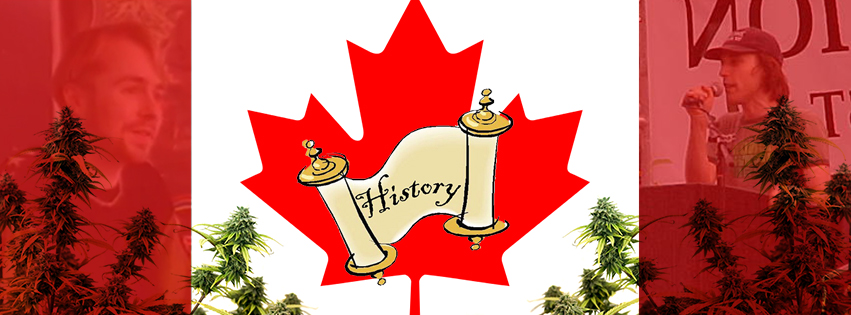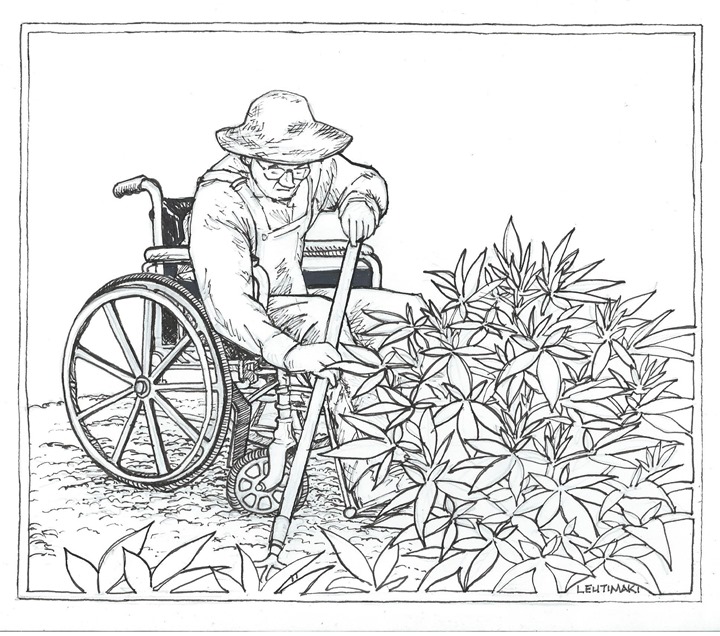Ted Smith
Survey #5- Accessing Marijuana for Medical Purposes
- Continued access to marijuana for medical purposes: It is anticipated that there could continue to be a need to enable access to marijuana for those who require it for medical reasons, but for whom reasonable access is not possible in the legalized context. This might require allowing different production methods (e.g., home cultivation) not available to others. It could also require carve-outs for medically-authorized youth or those who need high potency products. Physician involvement would still be necessary.
Questions – Accessing Marijuana for Medical Purposes
What factors should the government consider in determining if appropriate access to medically authorized persons is provided once a system for legal access to marijuana is in place?
If the task force is even questioning whether there will continue to be a need to access cannabis for those who require it for medical purposes, that proves how utterly ignorant the government is when it comes to cannabis. It is appalling to think that our government would even suggest that seriously ill and dying patients could be taken care of by a profit motivated legalization system. For those of us who have been helping patients get access to cannabis products for decades, these four short statements about the integration of medical cannabis into the legalization scheme show how completely out-of-touch this government remains when it comes to reasonable cannabis policy.
 The members of this task force are invited to come visit me and my lover, Gayle Quin, at home if they want to learn about why seriously ill patients definitely need special access to cannabis. She would be dead without massive doses of potent THC extracts, as cancer has spread through her bones throughout her body. If not for her personal licensed garden, donations from friends and supporters, and medicine from the Victoria Cannabis Buyers Club, that I founded 20 years ago, she would be dead, as she would never have been able to afford to pay for all she consumes to stay alive. Bedridden for over a year, this task force would need to reach out to patients like my love if they truly want to grasp the magnitude of the potential benefits cannabis could provide to patients in palliative care or in other very compromised medical situations.
The members of this task force are invited to come visit me and my lover, Gayle Quin, at home if they want to learn about why seriously ill patients definitely need special access to cannabis. She would be dead without massive doses of potent THC extracts, as cancer has spread through her bones throughout her body. If not for her personal licensed garden, donations from friends and supporters, and medicine from the Victoria Cannabis Buyers Club, that I founded 20 years ago, she would be dead, as she would never have been able to afford to pay for all she consumes to stay alive. Bedridden for over a year, this task force would need to reach out to patients like my love if they truly want to grasp the magnitude of the potential benefits cannabis could provide to patients in palliative care or in other very compromised medical situations.
The second sentence in particular proves this task force barely knows what is going on, as a decision by the Federal Court of Canada this February forced the federal government to bring back its program that allowed patients to grow their own medicine. By starting the sentence saying there might be a requirement for patients to grow their own medicine, the task force is completely ignoring this court decision. There is no might about it. Home cultivation for patients will be a necessary part of legalization, period.
If this government thinks it can draw a line in the sand and say that healthy people are still prohibited from growing cannabis, then a host of unnecessary problems will be created and the police will have absolutely no chance of enforcing the law. When a person that wants to grow cannabis is not able to convince a doctor that they require a prescription for cannabis, something that will be legally available to purchase at the store down the street, then they simply have to find a couple of patients willing to sign them up as a designated grower. This was already happening when the MMAR was in effect and will only become more common if the government does not allow everyone to grow their own medicine.
 In another survey the task force ruled out home cultivation as not being in the public interest, without citing any facts or acknowledging that patients will have the right to grow, as protected by the Charter of Rights and Freedoms. This task force at times seems to stick its collective head in the sand and pretend home cultivation will not be part of legalization, as if thousands, or even potentially millions, of Canadians growing for themselves or a sick family member is not going to be really happening. This is more evidence that these surveys are a farce. As I stated in previous survey responses, legalization should start with home cultivation for everyone, especially if part of the justification is to eliminate organized crime. It is as if the government still does not realize that every time they stop a person from growing their own cannabis, their chances of purchasing some from people connected to organized crime increases, going up along with the degree of enforcement being applied in the region.
In another survey the task force ruled out home cultivation as not being in the public interest, without citing any facts or acknowledging that patients will have the right to grow, as protected by the Charter of Rights and Freedoms. This task force at times seems to stick its collective head in the sand and pretend home cultivation will not be part of legalization, as if thousands, or even potentially millions, of Canadians growing for themselves or a sick family member is not going to be really happening. This is more evidence that these surveys are a farce. As I stated in previous survey responses, legalization should start with home cultivation for everyone, especially if part of the justification is to eliminate organized crime. It is as if the government still does not realize that every time they stop a person from growing their own cannabis, their chances of purchasing some from people connected to organized crime increases, going up along with the degree of enforcement being applied in the region.
When it comes to sick children the task force also uses vague language, stating there could be a need to make regulations regarding the use of cannabis medicines by youth. There should be no question that some children suffering from very serious problems like cancer and seizure disorders require access to cannabis products, especially in light of all of the recent awareness brought to this issue by brave parents like Mandy McKnight. With so many other pharmaceutical being used by sick children there should be absolutely no question that some would have access to cannabis medicines, just like they have had access under the MMAR and MMPR.
As for restricting high-potency THC products to people suffering from serious medical problems, like my lover Gayle, it would be potentially life-threatening for the government to prohibit concentrated cannabis extracts. Moreover, if the government thinks it can prohibit high-potency cannabis products and eliminate criminal activity associated with cannabis, then this task force needs to find new advisers with a better grasp of the real world. Since many patients and recreational users have learned how to make and use high-potency cannabis extracts there is really no chance they will stop because the government is prohibiting it under legalization, as they have gone ahead and done it under full prohibition for years.
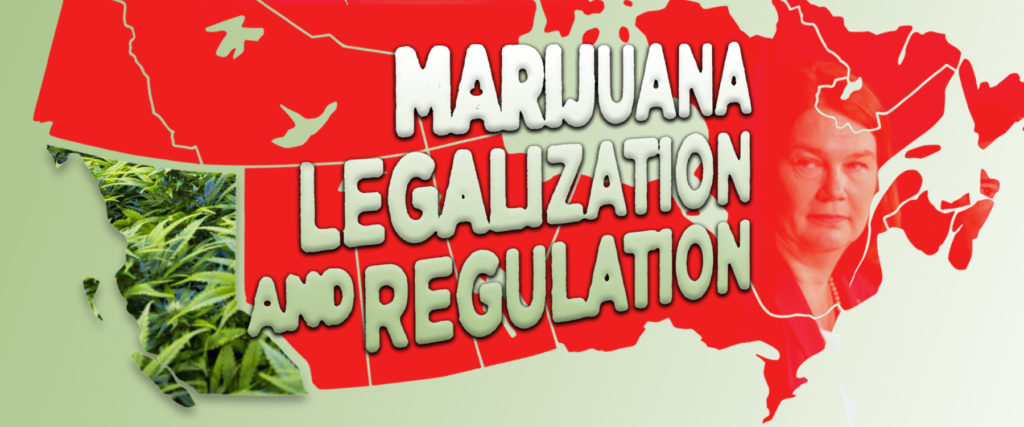 Sadly this task force seems to have its mind made up about creating tight regulations and instead of inviting a real debate we have been fed this narrow survey. The best example is how there is absolute no discussion desired about the proper distribution system for patients. Even the points raised by the task force on production are limited. Using words like could and might, in regards to matter that are absolutely certain, deflects the conversation from debating real options towards whether or not the government will even allow storefront dispensaries, home cultivation, high-potency extracts or youth to use this medicine.
Sadly this task force seems to have its mind made up about creating tight regulations and instead of inviting a real debate we have been fed this narrow survey. The best example is how there is absolute no discussion desired about the proper distribution system for patients. Even the points raised by the task force on production are limited. Using words like could and might, in regards to matter that are absolutely certain, deflects the conversation from debating real options towards whether or not the government will even allow storefront dispensaries, home cultivation, high-potency extracts or youth to use this medicine.
Not including a discussion about the possible distribution methods for patients is more proof that this task force should have been educated by people actually working in the industry before going public with these lame surveys. How could this task force expect to avoid the idea of regulating existing dispensaries or licensing storefronts for Licensed Producers? Does this task force expect patients to purchase their medicine from recreational stores? Has this panel already decided that mail order is the only legal means of distribution in this new scheme and therefore there is no reason to discuss distribution?
Patients will not be properly served by recreational distributors, even if they are operating in a storefront. Medical dispensaries can provide a variety of services and products that recreational users of cannabis would never require. For example, a medical dispensary in the future should have a variety of cannabis suppositories available, with a wide range of strengths with different strains, that most recreational stores would have very little interest in selling.
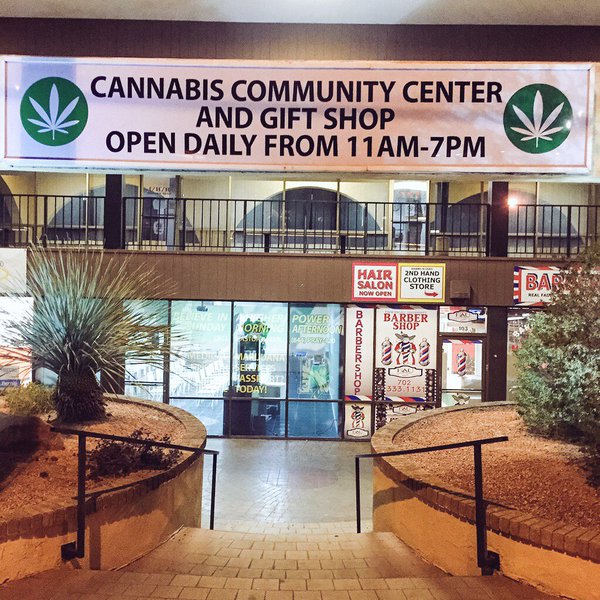 Community cannabis centers that provide patients access to medical professionals experienced with the plant and its derivatives could be linked with other healthcare providers. Designing integrated health services into compassion clubs would create opportunities for patients to medicate before and after receiving medical treatments like physiotherapy, massage, chiropractic adjustments, minor surgery and all forms of counseling. Giving health care professionals closer opportunities to observe patients before and after consuming will only help ensure better care.
Community cannabis centers that provide patients access to medical professionals experienced with the plant and its derivatives could be linked with other healthcare providers. Designing integrated health services into compassion clubs would create opportunities for patients to medicate before and after receiving medical treatments like physiotherapy, massage, chiropractic adjustments, minor surgery and all forms of counseling. Giving health care professionals closer opportunities to observe patients before and after consuming will only help ensure better care.
Building facilities that teach patients to grow and make their own medicines should be encouraged by the government, both as a cost saving measure and for optimum health outcomes. Growing your own food and medicine, especially when you are not feeling well, is a very simple yet effective means of encouraging health. Hospitals should have greenhouses around the sides of the buildings so patients can spend time with their plants as they recover.
Palliative care facilities should have beds and ramps that can bring the patients out to the garden for at least a few minutes a day. Juicing fresh cannabis leaves and making other products in palliative care homes and other medical facilities will give patients a great deal of relief while saving the government a considerable resources. Using high-potency cannabis products in combination with opiates and other medicines will become the standard form of treatment for end of life care for almost everyone in palliative care.
Sadly these surveys do not mention research at all, leaving that to private companies seeking profit by patenting pills. This government needs to make a fundamental shift in health care to include cannabis. By promoting research into cannabis extracts and various applications like suppositories, the Canadian government could help encourage the development of numerous innovative products.
After losing so many battles in court, like when our baker Owen Smith won a unanimous decision last year at the Supreme Court of Canada, it would have been much more reasonable for this task force to include someone in the industry before moving forward with this insulting survey and the restrictive laws which are no doubt to follow. Looks like we will have many years of fighting you in court yet before all of this is over.

